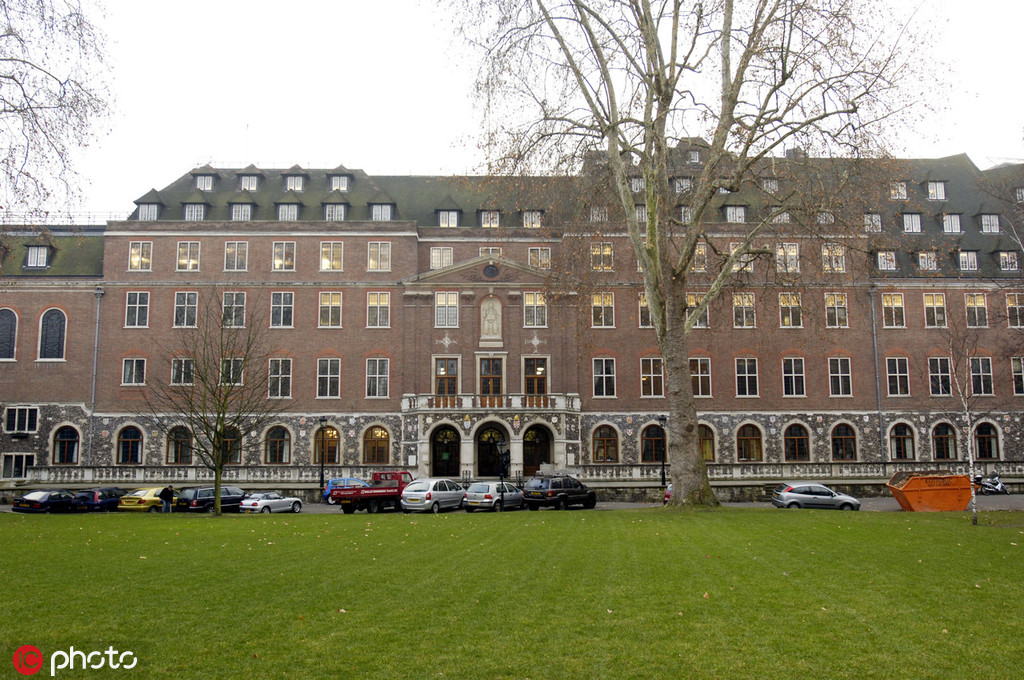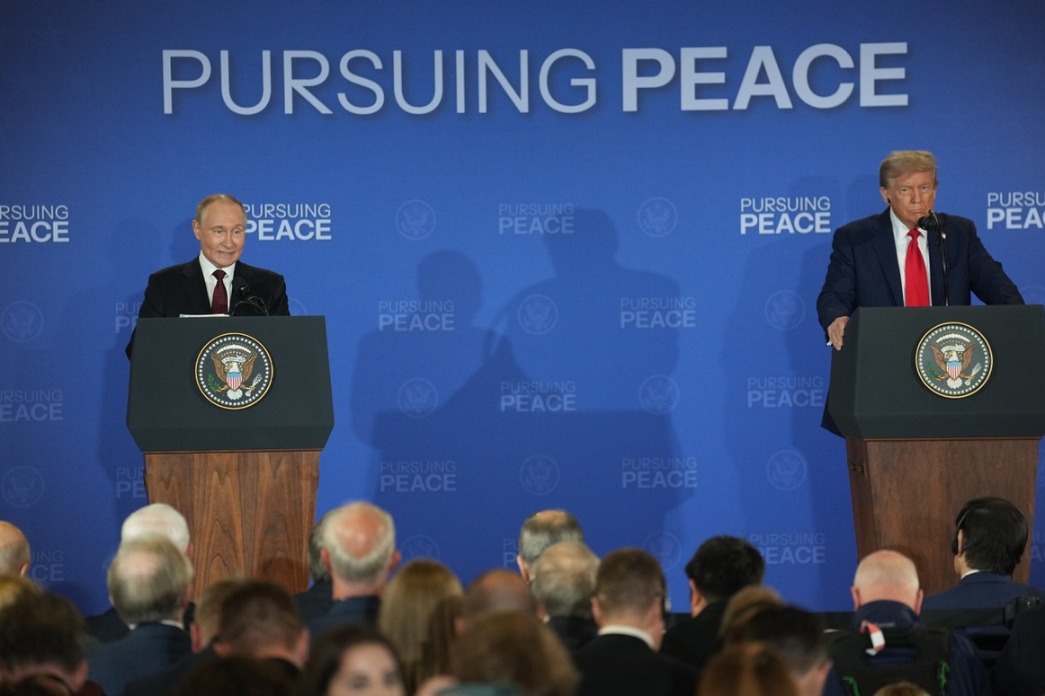Westminster School enters China's education market
By ZHONG NAN | China Daily | Updated: 2019-05-13 07:23
Six new bilingual institutions to focus on students' all-round personality growth

Central London-based Westminster School, a noted British brand in the education sector, is planning a major overseas expansion by way of six new schools in China.
It will set up these schools by 2028 via a collaboration with local partners.
The first school will be set up in Chengdu, capital of Southwest China's Sichuan province. It will also be the first branch of the British independent school away from its London site.
Construction at the Chengdu site began in early April. The school is expected to start its first autumn semester in 2020, offering bilingual education to about 2,000 Chinese and foreign students.
The programs will span a wide range starting from nursery and kindergarten to the pre-university level, taking in students aged 1 to 18.
Westminster School's first overseas foray comes in the wake of China's new round of opening-up and reform to attract more global businesses, including educational institutions and service providers.
China is seeking to further enrich its economy by attracting more talents that can serve the real economy. Besides, many students in China have a strong desire to become more articulate and fully bilingual (Chinese and English), and have been enrolling into universities across the world.
If more world-class educational programs are available within China, it could help expand the existing market, making it attractive for foreign players as well as helping local students, besides lowering capital outflows, industry insiders said.
In 2018, Chinese parents spent an estimated $118 billion to offer foreign education to their children, including summer courses, and various other programs spanning high school, pre-university, graduate, post-graduate, doctoral and postdoctoral levels, as well as living expenses, according to a research report published by Beijing Normal University in March.
Typically, an outbound Chinese student's main expenses include travel, tuition fee, food, educational content, stationery and accommodation, all of which entail payments in foreign currency.
Patrick Derham, headmaster of Westminster School, said the plan for each school in China is to have over 2,000 pupils. The bilingual schools will offer an integrated curriculum: the Chinese curriculum will mark the compulsory years while International General Certificate of Secondary Education, or IGCSE, and A-levels will offer the British curriculum.
"We will have teachers from China, the UK and other countries where English curriculum is the norm," he said.
Even though Westminster School has not released the locations of the other five schools yet, Derham said such details will be announced soon.
The school has already made plans for program design, teacher recruitment and staff training.
The Chengdu branch of Westminster School will have programs whose curricula will cover sports, music, drama, dance, student societies, stimulating talks, lectures and debates.
School officials said the institution believes that it is important for pupils to develop key qualities or so-called soft skills such as resilience, interpersonal communication, emotional intelligence, empathy, creativity, team work, collaboration, confidence and critical thinking.
"International students who enroll into Westminster School in London fit in nicely," said Derham. But they don't lose sight of their academic and cultural roots and traditions.
According to Rodney Harris, headmaster of Chengdu Westminster School, about 50 percent of the teaching staff will be from the UK and other English-speaking countries.
He said the pupils enrolled will receive both the Chinese national curriculum and international curriculum, preparing them for the world's best universities.
He also said 10 percent of the seats will be reserved for outstanding students from low-income families, with scholarships offered to cover their full tuition fee.
Wang Guoqian, a professor of education at Northeast Normal University in Changchun, said with more competition for a limited number of higher education opportunities in China, parents are increasingly thinking about sending their children to Western universities. Therefore, international schools have become popular to parents with higher income.
According to the Institute of International Education, a nonprofit organization in New York, of the more than 1 million foreign students who enrolled into United States universities during the 2016-17 academic year, 350,755, or about 35 percent, were Chinese, a rise of 6.8 percent from the previous year.
Courses taught at international schools are believed to add weight to students' resumes when they apply for universities in countries such as the US and Australia and in Europe. Such courses are perceived as offering students a solid grounding in intercultural understanding and a strong command of English, Wang said.
He said international schools in China are mainly located in top-tier cities such as Shanghai, Beijing and Shenzhen. Their number has grown rapidly in cities such as Chengdu, Wuhan, Hangzhou, Nanjing and Xiamen in recent years.
Westminster School was founded in 1179. Its notable former pupils include many Nobel Prize winners, well-known authors, scientists, artists and politicians.
























